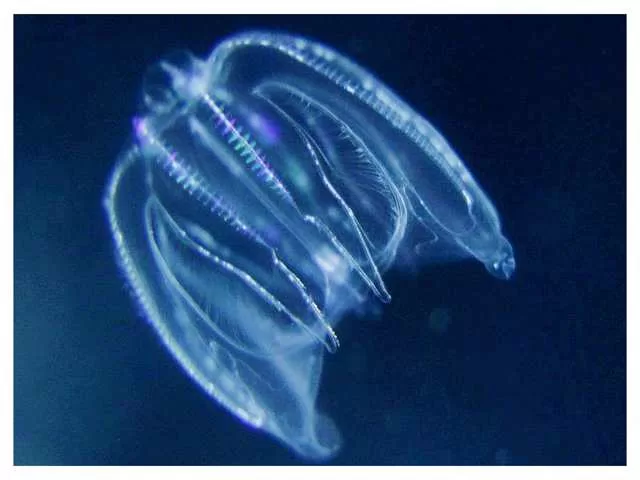Jellyfish are fascinating marine creatures known for their beauty, but they can pose a threat to humans due to their stinging tentacles. While many jellyfish encounters result in minor discomfort, some species, like the box jellyfish, can deliver severe and potentially life-threatening stings. Here are some key points about jellyfish stings and their treatment:
- Stinging Mechanism:
- Jellyfish tentacles have microscopic barbs that release venom when they come into contact with skin.
- The severity of a jellyfish sting depends on factors such as the type of jellyfish, the length of contact, and the individual’s sensitivity to the venom.
- Common Symptoms:
- Immediate pain, burning, and redness at the sting site.
- Throbbing pain, tingling, and numbness.
- Rash, blistering, or swelling.
- More severe reactions may include nausea, vomiting, fever, dizziness, and muscle weakness.
- Treatment for Mild Stings:
- Rinse the affected area with hot water (as hot as can be tolerated) for at least 20 minutes to inactivate toxins.
- Remove any tentacle material using tweezers while wearing gloves.
- Over-the-counter pain relievers like ibuprofen may help alleviate pain and itching.
- Avoid:
- Do not use freshwater, vinegar, alcohol, or urine, as they can trigger the release of additional venom.
- Seek Medical Attention:
- For serious jellyfish stings, especially from box jellyfish, seek immediate medical attention.
- Emergency symptoms may include difficulty breathing, loss of consciousness, and extreme pain.
- Box Jellyfish:
- The box jellyfish is one of the most venomous jellyfish species.
- Stings from box jellyfish can cause heart and nervous system issues and may be fatal.
- Immediate medical intervention, including anti-venom if available, is crucial for box jellyfish stings.
- Prevention:
- Be cautious when swimming in areas known for jellyfish presence.
- Wear protective clothing, such as a wetsuit, to reduce the risk of stings.
- Medical Attention:
- If stung and concerned, especially for children, the elderly, or extensive stings, seek medical advice promptly.
- Extreme Cases:
- Extreme treatments may be necessary for severe stings, including anti-venoms, CPR, and life support.
- Latest Treatments:
- Zinc injections are among the latest treatments for jellyfish stings.
Always prioritize safety, and if unsure about the severity of a jellyfish sting, consult with a healthcare professional promptly.

